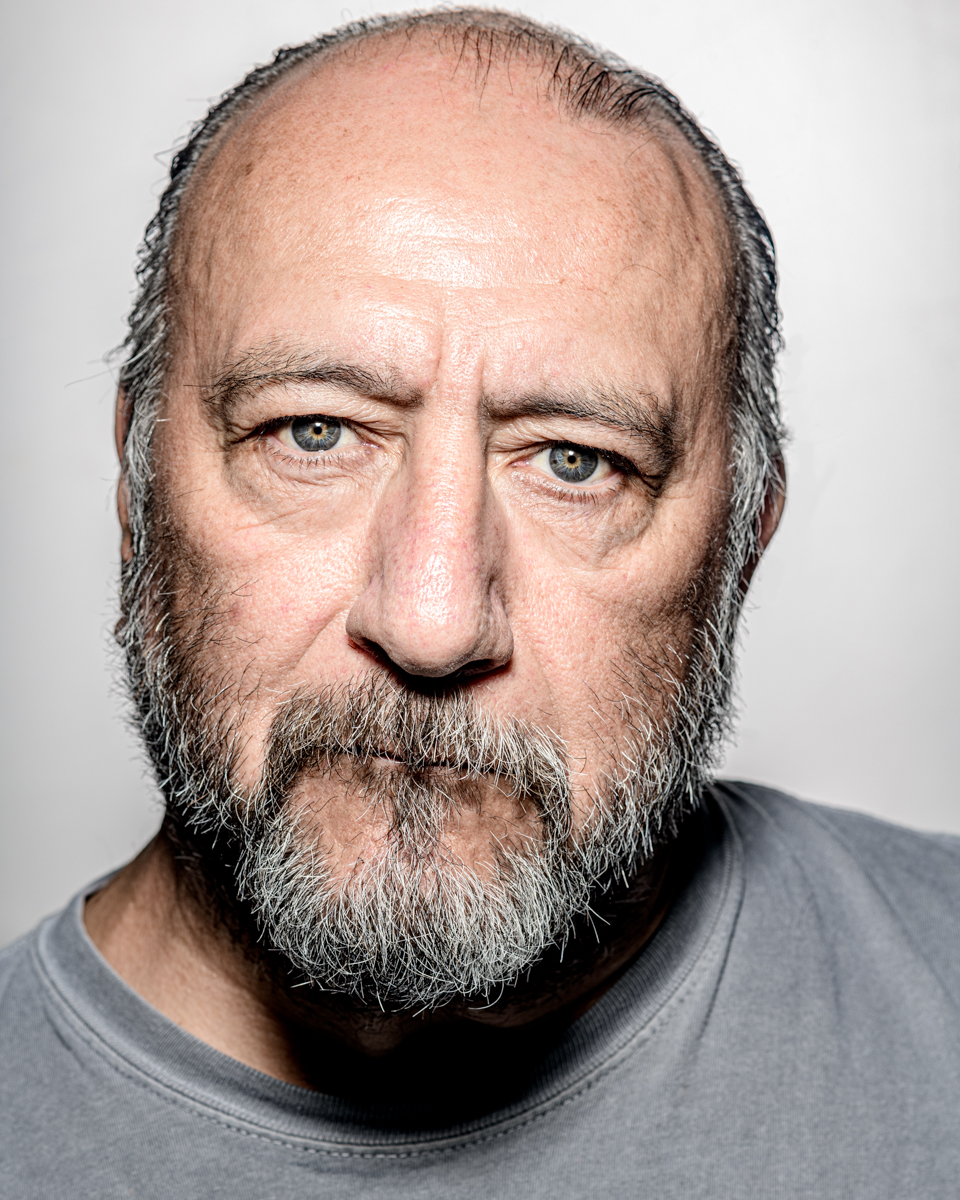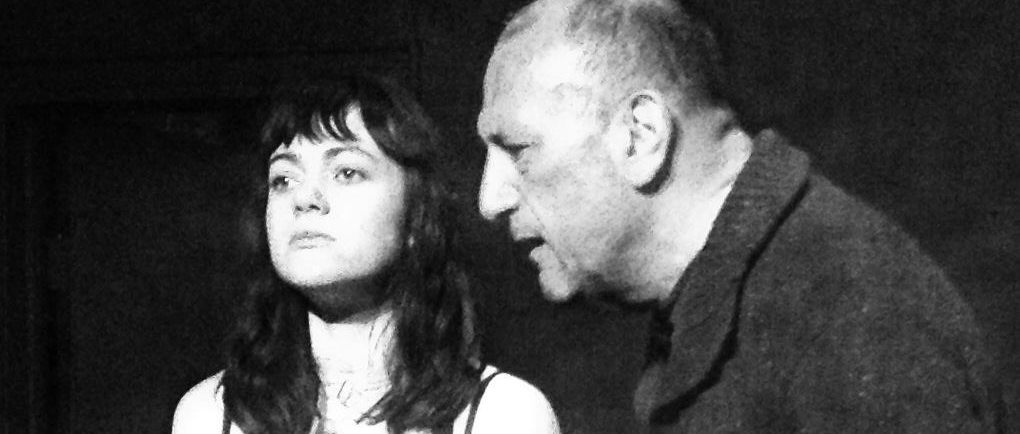Passion —
Students at the National Shakespeare Company Conservatory had two master teachers. Philip Meister, whom I’ve written about earlier and the great Mario Siletti. Philip taught acting technique and Mario taught Shakespeare and classical technique. As time went on it became clear that they were both teaching the same thing, but from different points of view. They did have two different definitions of acting. Philip told us that acting was “reacting to stimuli both real and imagined”. Mario taught us that acting was “the passionate conveyance of an idea”.
Since I’m in the midst of rehearsing a Shakespeare play, I want to talk about Mario’s approach and about passion. William Shakespeare was writing for an audience who was no stranger to death, to violence, disease, torture, slavery, war, starvation. Life for the typical Elizabethan was a struggle. It was a life of extremes. Mario explained to us that the people of Shakespeare’s England, in their culture, their social mores their day to day conduct, had more in common with the Sicilians of today than the British. And when those people had something they wanted to say, is was likely they said it with real conviction. They were also fascinated with language, especially spoken language. Many were illiterate so they would go to the theatre to hear great stories conveyed with well spoken words. No doubt they demanded real conviction, authenticity and passion from their actors.
As an American actor I’ve read about the Method, and about emotional truth in our acting. I’ve witnessed many of my colleagues examining their own emotional lives in search for a connection to the life of the character. I’ve practiced this internal search on many occasions, especially for film work where one must be very, very subtle. However Shakespeare was always meant to be played on an outdoor stage, for a raucous audience, sans lights, effects, costumes. It that time and place, Theatre was an actor on a stage in his own clothes speaking. And if he wasn’t speaking with power, with confidence and, most of all, with passion. He might very likely be chased off the stage.
“Cleave your partner’s skull with the passion and power of your idea!” Mario would exhort us again and again that, when speaking Shakespeare you must be crystal clear in your ideas and utterly passionate in the speaking of them. Passion does not always translate to volume or speed or emotional intensity. Passion is the flame under the pot, the steam in the pipes, the sparkplug in the engine. In modern acting parlance it might be called the “motivation” or the character’s “objective”, but for me those are intellectual conceits that do not really get to the heart of what passion is for an actor and what it does for a performance.
It might be fair to say that “passion” , like pornography, is something you know when you see it, but that is a little to glib for me. I once read an essay by Federico Garcia Lorca called Theory and Play of the Duende . Lorca’s essay describes the nature of “Duende” a Spanish term that describes a heightened state of emotion, expression and authenticity in Art and performance (particularly Flamenco song, dance and music). I found Lorca’s essay to describe perfectly, what I have always understood to be the passionate conveyance of an idea. I can’t do a better job of describing Duende than Lorca, so I won’t try. You really should read the essay. But I will say this, Passion, Duende, Truth whatever you want to call it, is something that cannot be faked.
And that is what I’m working on in Othello. As Brabantio I am completely outraged and incensed by the sudden marriage of Desdemona and Othello. It is a fact in the play that it is their unlikely match that brings on my early demise. This bit of the story really is a matter of life and death. I have to live up to that and in a way that is clear and as filled with passion as I can make it. That means that the lines must come without any sort of impediment. Passionate speech is not thoughtful speech. Speech that is genuine comes off the tongue, to paraphrase Shakespeare, “trippingly”. Right now I’m on the cusp of being able to speak my words with passion, and to have the ideas they carry from from me directly. When all of that is place then the final struggle will be to passionately convey those ideas into the minds and hearts of the audience.
More to come.


